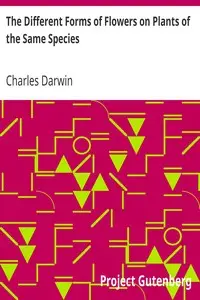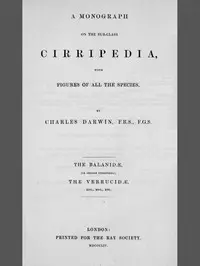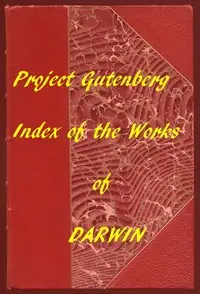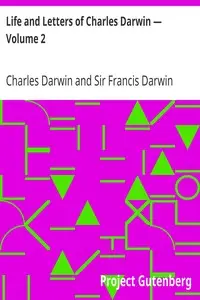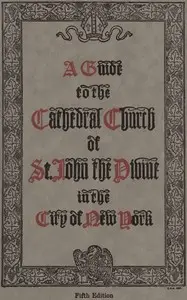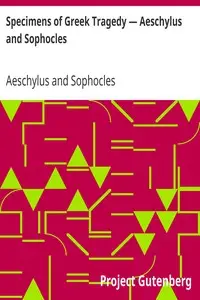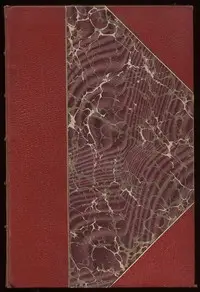"Journal of Researches into the Natural History and Geology of the Countries Visited during the Voyage Round the World of H.M.S. Beagle" by Charles Darwin is a scientific publication written in the early 19th century. This work documents Darwin's observations and findings during his voyage on the Beagle, a journey that significantly influenced his later theories on evolution and natural selection. The book primarily focuses on natural history and geology, detailing various species and geological formations he encountered across multiple regions. The opening of the journal sets the stage for Darwin's voyage, beginning with the Beagle's departure from Devonport on December 27, 1831, and the subsequent arrival at Porto Praya in the Cape Verde Islands. Darwin describes the desolate beauty of the island, noting its volcanic geology and the sparse vegetation resulting from the tropical climate. He vividly recounts his observations on the island's fauna and flora, including the peculiarities of marine life, such as sea slugs and cuttlefish, and shares his experiences with local cultures. Throughout this opening portion, the tone reflects Darwin's curiosity and wonder, as he immerses himself in the diverse natural world, providing readers with a rich tapestry of his early scientific explorations. (This is an automatically generated summary.)
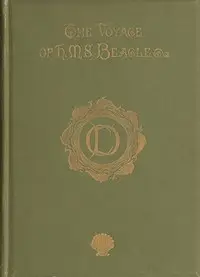
Journal of Researches into the Natural History and Geology of the Countries Visited During the Voyage Round the World of H.M.S. Beagle Under the Command of Captain Fitz Roy, R.N.
By Charles Darwin
Illustrated edition. See also PG#944
Charles Robert Darwin was an English naturalist, geologist, and biologist, widely known for his contributions to evolutionary biology. His proposition that all species of life have descended from a common ancestor is now generally accepted and considered a fundamental scientific concept. In a joint publication with Alfred Russel Wallace, he introduced his scientific theory that this branching pattern of evolution resulted from a process he called natural selection, in which the struggle for existence has a similar effect to the artificial selection involved in selective breeding. Darwin has been described as one of the most influential figures in human history and was honoured by burial in Westminster Abbey.

